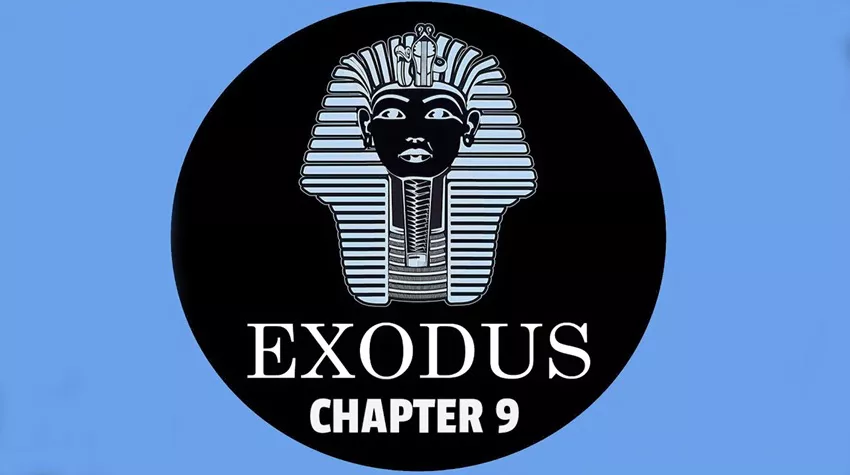Exodus Chapter 9 Summary
Exodus Chapter 9 describes the continuation of God‘s judgment on Egypt through a series of plagues. The fifth plague is a devastating disease that strikes Egypt’s livestock, killing horses, donkeys, camels, and cattle. However, the Israelites’ animals remain unharmed. Pharaoh’s heart remains hard, and he refuses to let the Israelites go. The sixth plague brings painful boils on both Egyptians and their animals. The seventh plague is a fierce hailstorm, accompanied by thunder and fire, which destroys crops and kills anyone left in the fields. God warns Pharaoh of the coming plague, but Pharaoh’s pride keeps him from submitting to God’s will. The chapter illustrates God’s power, judgment, and mercy, and highlights Pharaoh’s unyielding heart.
Bible Exodus Chapter 9
Welcome to read Exodus Chapter 9. Here is the list of Exodus Chapter 9:
What Does Exodus Chapter 9 Teach Us?
Exodus Chapter 9 continues the story of God’s judgment upon Egypt through the plagues. In this chapter, the plagues of pestilence, boils, and hail are unleashed upon Pharaoh and the Egyptians. This chapter underscores themes of God’s sovereignty, His mercy, the consequences of sin, and the importance of repentance. The lessons from Exodus Chapter 9 are applicable to our spiritual lives today. Here are some key takeaways:
1. God’s Sovereignty Over Life and Creation
In Exodus 9, God demonstrates His supreme control over life, nature, and all creation. The plague of pestilence strikes the livestock of Egypt, and the boils affect both humans and animals. The hailstorm is a force of nature that only spares the land of Goshen where the Israelites live. These plagues reveal that God rules over every aspect of creation and that nothing happens outside of His control. This teaches us that God’s authority extends to all areas of life, and we are called to submit to His sovereignty in everything.
2. The Call to Repentance
Throughout Exodus 9, Pharaoh is given repeated chances to repent and acknowledge God’s power. While some Egyptians heed the warning and shelter their livestock from the hail, Pharaoh’s heart remains hardened, and he continues to refuse to let the Israelites go. This shows us the importance of repentance when God sends warnings. Although Pharaoh had opportunities to humble himself and obey, he chose to harden his heart. This reminds us that God offers mercy, but continued disobedience can harden one’s heart against Him.
3. God’s Justice and Mercy
The plagues demonstrate both God’s justice and His mercy. His justice is evident in the punishment of the Egyptians for their sin and oppression of His people. At the same time, God shows mercy by giving Pharaoh chances to repent and by sparing the Israelites from the worst of the plagues. The lesson is that God is just and righteous in His judgment but is also merciful, giving people opportunities to turn back to Him before judgment is final.
4. The Dangers of a Hardened Heart
Pharaoh’s continued resistance to God’s will is a warning about the dangers of a hardened heart. Despite witnessing the power of God through each plague, Pharaoh’s heart grows more stubborn. This teaches us that persistently resisting God’s call and His commands can lead to a state of spiritual blindness and hardness, making it harder to respond to Him. The Bible warns us against hardening our hearts and encourages us to remain receptive to God’s voice.
5. God’s Power to Deliver
Despite Pharaoh’s obstinate attitude, God’s power to deliver His people remains unquestionable. The plagues do not stop until Pharaoh relents, but God’s plan is unstoppable. This shows us that when God has a purpose for His people, no power on earth can thwart His plan. It encourages us that, no matter the challenges we face, God’s promises and deliverance are certain. We can trust in His power to bring about His will in our lives.
Related topics:


